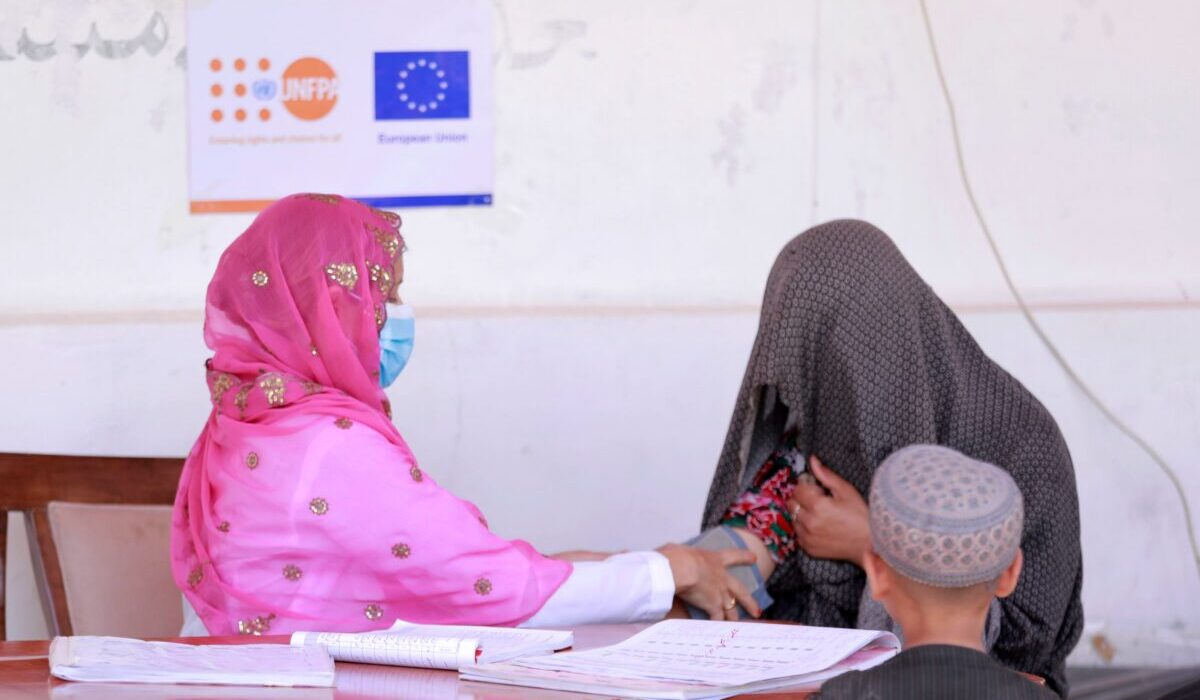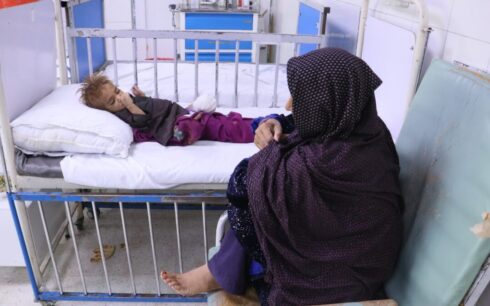Marking World Health Day, the European Union reaffirmed its long-term commitment to improving public health in Afghanistan, announcing that it is investing €97 million in a wide range of programs aimed at addressing the country’s most urgent health challenges.
In a statement released on Monday, the EU said it remains focused on supporting Afghans through partnerships with international health organizations, including the World Health Organization (WHO), UNICEF, UNFPA, and several humanitarian groups operating in Afghanistan.
“The EU stands with Afghans and remains committed to addressing the most pressing health needs and ultimately improving people’s health outcomes,” the statement said.
One key area of intervention is mental health and substance use. Through its partnership with WHO Afghanistan, the EU is helping thousands of Afghans recover from addiction and psychological disorders—conditions that have become increasingly prevalent amid years of conflict and growing socioeconomic hardship.
The EU is also working with WHO to strengthen the country’s capacity to prevent and treat non-communicable diseases, such as cancer, and to improve the national health security system’s ability to respond to infectious disease outbreaks.
Maternal and child health support
Recognizing the critical needs of adolescent girls, mothers, and children, the EU is providing comprehensive reproductive, maternal, and child health and nutrition services in collaboration with UNFPA Afghanistan. These efforts include the delivery of vital care in remote areas, where access to healthcare is limited.
In partnership with UNICEF, the EU is also funding essential services that address the nutritional needs and water, sanitation, and hygiene (WASH) requirements of vulnerable communities, particularly children and mothers.
The EU emphasized that a strong healthcare system depends on a skilled workforce. In collaboration with Emergency NGO, the bloc is supporting the training of hundreds of Afghan health professionals—including surgeons, pediatricians, anesthetists, gynecologists, midwives, and nurses.
Acknowledging the impact of decades of war and landmine-related injuries, the EU also highlighted its support for physical rehabilitation services. Working with Humanity & Inclusion and the Norwegian Afghanistan Committee, the EU is helping thousands of Afghans with physical disabilities regain mobility and lead more independent lives.
As the humanitarian and healthcare crises in Afghanistan deepen under ongoing restrictions, especially those affecting women and girls, EU officials say their aid remains focused on ensuring equitable access to essential health services and reinforcing resilience across the country’s fragile health system.




